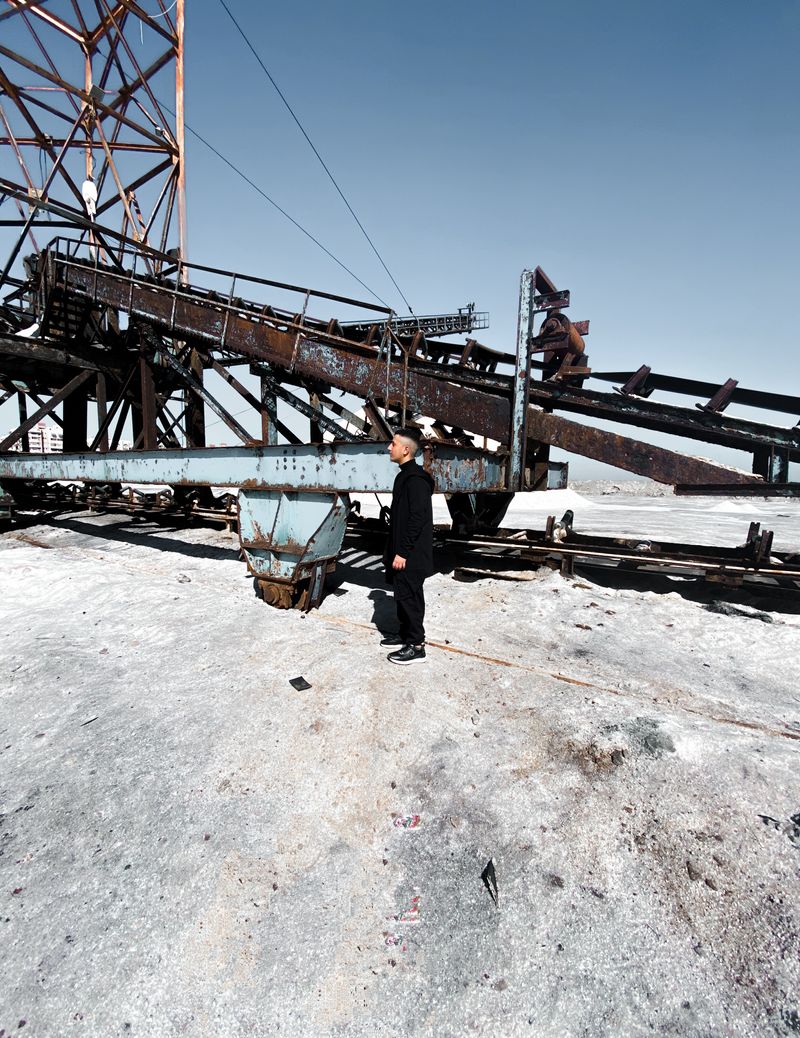Queensland Town Faces Closure Amid Housing Crisis as Coal Mine Shuts Down
Background
A Queensland town, Glenden, is at risk of closure due to the closure of a nearby coal mine and the ongoing housing crisis. Glenden, located approximately 110km southwest of Mackay, was initially established in the 1980s to support the workforce of Glencore‘s Newlands coal project. At its peak in 2011, the town had a population of over 1300 people, but this number has since dwindled to 477 in the most recent survey conducted in 2021. Despite the declining population, Glenden still boasts essential facilities such as a school, police station, medical center, post office, and shops.
The Closure of Newlands Coal Mine
The Newlands coal mine, operated by Glencore, has recently ceased operations, leading to concerns regarding the future of the town. As most of the land in Glenden is privately owned by Glencore, the company is required to undertake site rehabilitation work, which necessitates the demolition of dwellings. However, not all homes will be immediately demolished, as some will remain to accommodate workers involved in the closure and rehabilitation efforts over the next five years.
Glencore has emphasized its commitment to supporting its employees throughout this process. They have offered redeployment opportunities to some operations personnel at other Glencore sites and will continue to utilize a significant number of their own employees and contractors to complete the mine closure works. These workers will be allowed to continue living in Glenden for the duration of their employment at Newlands.
Possible Intervention by QCoal
Amidst the uncertainty, there are slim hopes that another mining company, QCoal, may step in to save the town from closure. QCoal is currently constructing a new mine in Byerwen, approximately 20km west of Glenden. However, instead of utilizing Glenden as a base for its workforce, QCoal has chosen to operate from a campsite adjoining the mine, which has the capacity to house around 600 individuals.
The State Resources Minister, Scott Stewart, has given preliminary approval for the campsite, much to the dismay of the Isaac Regional Council Mayor, Anne Baker. Mayor Baker expressed her disappointment, stating that the residents of Glenden feel let down and fearful about their future. Glencore has expressed a desire for QCoal to become an “anchor tenant” for the town, indicating their willingness to explore potential agreements that would allow Glenden to continue functioning.
Philosophical Discussion: Balancing Economic Development and Community Sustainability
The potential closure of Glenden raises broader questions about the balance between economic development and community sustainability. While the coal mining industry has undoubtedly played a significant role in driving economic growth and job creation in Queensland, it is crucial to consider the long-term impact on communities and the environment.
One can argue that the closure of the Newlands coal mine is a natural consequence of the finite nature of resources and evolving energy landscapes. As coal-related job opportunities decrease, it becomes necessary to find alternative means of sustaining local economies and supporting affected communities. The housing crisis faced by Glenden demonstrates the difficulties inherent in relying heavily on a single industry for economic prosperity.
The Role of Government and Corporate Responsibility
In situations like Glenden‘s, it is essential for governments and mining companies to take proactive measures to mitigate the impact of mine closures on local communities. This includes providing support for affected residents, exploring new employment opportunities, and investing in infrastructure and services that can foster diversification and resilience.
By encouraging collaboration between mining companies and other industries, such as the potential partnership between Glencore and QCoal, governments can help facilitate a smoother transition for affected communities. It is imperative to prioritize the well-being and future prospects of the town’s residents while ensuring ecological rehabilitation takes place.
Editorial: The Need for Long-Term Planning and Community Engagement
The potential closure of Glenden emphasizes the need for long-term planning, community engagement, and diversification of local economies. Relying solely on a single industry exposes communities to significant risks when that industry declines or ceases operations. Governments must provide support and guidance to communities facing economic transitions, assisting them in developing sustainable and resilient economic models.
Mining companies also have a responsibility to go beyond fulfilling their legal obligations and engage with local communities throughout the mining lifecycle. By actively involving residents in decision-making processes and understanding their needs and concerns, corporations can build trust and contribute to the social and economic well-being of the areas in which they operate.
Additionally, collaborations between mining companies and other industries should be actively encouraged to create diverse local economies that are less vulnerable to the boom-and-bust cycles of resource extraction. This approach would provide a more sustainable future, both economically and environmentally.
Advice for Glenden and Similar Communities
To weather the challenges posed by mine closures and housing crises, communities like Glenden should consider the following steps:
1. Diversification and Economic Resilience
Communities should actively explore opportunities to diversify their local economies, enabling them to withstand the fluctuations associated with resource extraction industries. This may involve attracting investments from a variety of sectors, supporting small businesses, promoting tourism, or fostering entrepreneurship.
2. Community Engagement and Participation
Residents should actively engage with local government and mining companies, ensuring their voices are heard and their concerns are addressed. Building strong relationships and partnerships will facilitate more effective decision-making processes and lead to better outcomes for the community.
3. Long-Term Planning and Sustainability
Communities should work in collaboration with governments and mining companies to develop long-term plans that consider the social, economic, and environmental impacts of resource extraction. This includes investing in infrastructure, services, and skills development that can support sustainable growth beyond the lifespan of mining operations.
4. Support and Assistance Programs
Governments should provide comprehensive support programs for affected communities during economic transitions. This includes assistance with job retraining, financial support for affected individuals and businesses, and access to mental health and well-being services.
By implementing these measures, communities like Glenden can navigate the challenges posed by mine closures and housing crises, ensuring their long-term sustainability and prosperity.

<< photo by Abdo Mohsen >>
The image is for illustrative purposes only and does not depict the actual situation.
You might want to read !
- Did Robert Oppenheimer deliberately poison his professor’s apple?
The Enigma Unveiled: The Dark Truth Behind Robert Oppenheimer’s Poisoned Apple
- “The Shadow of Poison: Unveiling Robert Oppenheimer’s Dark Deed”
- “Mangled Metal Mayhem: Unraveling the Chaos of the Bajool Multi-Vehicle Traffic Crash”
- Titans Triumph over Cowboys and Bulldogs: A Weekend of NRL Victories
- Broncos’ Breathtaking Victory Crushes Cowboys’ Championship Dreams
- Editorial Exploration: Analysing NRL Match Results: Raiders vs Knights, Dragons vs Sea Eagles…
Output: “NRL Match Report: Raiders Outplay Knights, Dragons Stun Sea Eagles in Thrilling Battle”
- “Reign of the Swans: Uncertain Future for the Eagles”
- “Mending the Margins: Andrea’s Journey towards Inclusive Support”
- “Rasmus Hojlund: Manchester United Secure Record £72m Deal with Atalanta”
- “UFC 291: Tune in to Witness the Epic Showdown of Dustin Poirier vs. Justin Gaethje through Live Online Streaming”
- A Golden Surge: Australia Dominates the World Aquatics Championships




